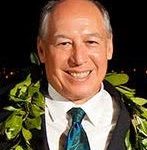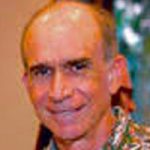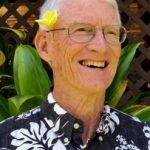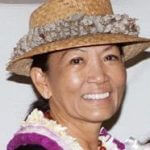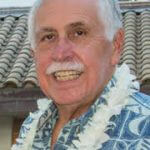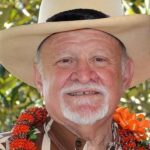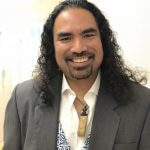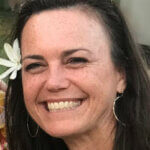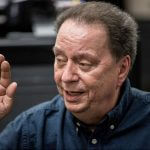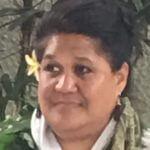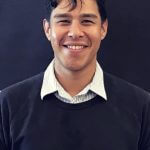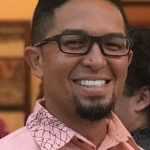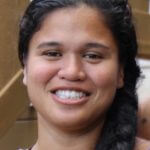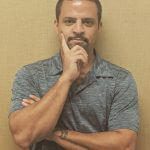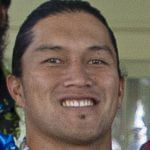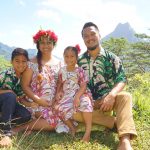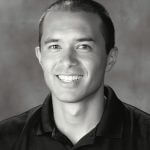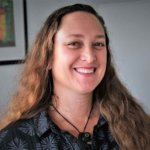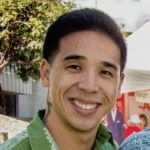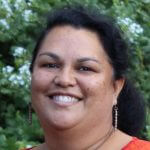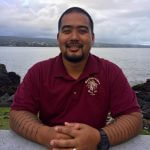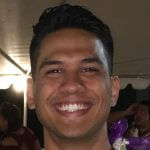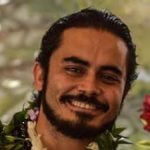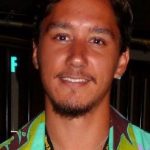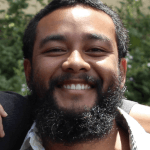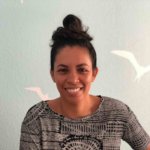Awaiaulu is dedicated to developing resources and resource people that can bridge Hawaiian knowledge from the past to the present and the future. Historical resources are made accessible so as to build the knowledge base of both Hawaiian and English-speaking audiences, and young scholars are trained to understand and interpret those resources for modern audiences today and tomorrow.
Purposes and Activities
Awaiaulu, Inc. is organized exclusively for educational purposes, including:
- perpetuating and advancing use of the Hawaiian language,
- training Hawaiian language translators and editors,
- generating Hawaiian language books, translations, and other educational material for universities, schools, research arenas, and the general public,
- researching, translating and re-presenting Hawaiian language texts from the past for modern Hawaiian and English-language audiences.
Funding to carry out these programs is provided primarily from grants, contributions, contracts, and sale of publications.
Awaiaulu achieves its Mission and Purposes through the following activities:
- The production of accessible resources.
- The development of resource people.
Hawaiian Language Repository
More than four decades after Western contact, a written form of Hawaiian language was standardized in early 1822 through the efforts of the first Protestant missionaries. Quickly learned in courtly circles, the king and chiefs encouraged the entire nation to learn literacy, setting up schools, a teachers’ college, and an education system. Within a generation, most of the kingdom was literate–a unique setting worldwide.
Despite a small and declining population, Hawaiian writers generated several million pages of written Hawaiian over the next century, filling letters, books, manuscripts, government docs, and newspapers. The newspapers alone equal 1.5 million letter-sized pages, while government and archival material would double that figure. Hawaiian was the language of the kingdom, so all citizens helped generate the huge written record. English, the language of foreign commerce and international relations, was of ever-growing importance, then largely supplanted Hawaiian after the overthrow of Liliʻuokalani in 1893.
For most of the 20th century, an English-language government and education system led to declining numbers of Hawaiian speakers, making the language an anachronism. Government records were in English, as were all educational materials and books. Hawaiian newspapers, after114 years, over 100 different papers, and 125,000 large-format pages having been printed, stopped being published. English became the language of the land, and the largest cache of native-language material in the Western world was largely forgotten for generations.
Revitalization of Hawaiian language, part of the renaissance of Hawaiian culture, began in the 1970s. Working with the small residual population of native speakers, the living language was maintained, with a current estimate of 25,000 fluent speakers and many more who “know some” Hawaiian. Revitalization played a big role in re-connecting the historical cache of Hawaiian material, but it is still largely unfamiliar and unintegrated into contemporary use and knowledge.
Today, access to the repository of Hawaiian language newspapers has changed the landscape and although it does not provide comprehension of historical materials, the historical cache is a valuable resource for us today.
Awaiaulu Beginnings
Awaiaulu was conceived in 2003 and begun in January of 2004. Dwayne Nakila Steele, having worked with Puakea on many projects for 15 years, read Mai Paʻa I Ka Leo (2003), (Puakea’s dissertation) on the scope of the Hawaiian repository and the dearth of availability, and pondered what to do about it. His answer was “It’s not about language, it’s about knowledge. We’ve got to make everything we do available in both languages.” There were no translators, as revitalization had shunned translation, so Nakila thought up Awaiaulu. He said, “Puakea, you can make translators.” He bought out a year of Puakea’s teaching time at UH, provided a stipend for two trainees, and gave us the chance to show it could work.
Two young, fluent scholars, Sahoa Fukushima and Kamaoli Kuwada, were selected as interns. After weeks of reviewing translation theories and styles, the team launched into a half-dozen different source materials, with the interns translating assigned blocks of text. Together, they would go over theirs, line by line, then review Puakea’s own translations of subsequent material. Their next assignment would follow what Puakea had finished. Each assignment got longer as they got more familiar with the work.
After a couple of months, it was decided to focus on a single resource text, Ka Moʻolelo o Hiʻiakaikapoliopele. Published in 1905-6 as a daily serial in the newspaper Ka Naʻi Aupuni, it was the work of Joseph Mokuʻōhai Poepoe. Over 400 typescript pages in Hawaiian had to be recast in modern orthography while the English translation was being done, and both efforts were completed in a year and a half. Editing of the two manuscripts took months of readings and many eyes, after which the story was submitted for publication in English and Hawaiian volumes by the end of 2006. A new pair of valuable resources was generated, and the two interns became resource people, translators with cultural and historical insight and experience.
This process of mentoring in order to develop resources and resource people has been the foundation of Awaiaulu. In 2013, a new pyramid of training began with two interns, Kamuela Yim and Kalei (Kawaʻa) Roberts. After two years and the completion of Kamakau’s Ke Kumu Aupuni, they became trainers-in-training, and four new interns were selected: Līhau Maioho, Nāhulu Maioho, Haʻalilio Solomon, and Pili Kamakea-Young. Two years later, after completing Kamakau’s Ke Aupuni Mōʻī, trainers became mentors-in-training, interns became trainers-in-training, and 9 new interns were selected: Pāʻani Kelson, Kahoʻokahi Kanuha, Aolani Kaʻilihou, Jon Yasuda, Kaʻiuokalani Damas, Keawe Goodhue, Hina Kneubuhl, Kainoa Pestana, and Kalikoaloha Martin. Māhuahua, our current two-year training project covering a broader range of research and translation, was begun in September of 2019. Fourteen of the most recent participants have committed to this fourth phase of Awaiaulu’s training continuum.
The Role of Awaiaulu
Awaiaulu perpetuates Hawaiian knowledge by illuminating the historical trove of Hawaiian writings and by generating scholars who can comprehend that unique cache as it is rediscovered and reintegrated into the present. This native-language archive, estimated to equal nearly two million letter-sized pages of text, is unparalleled. It documents Hawaiʻi from ancient times, throughout the kingdom era, and well into the territorial period. Modern technology and a network of collaborative projects have now made nearly half of this cache accessible as digital images, most of which are in at least basic word-searchable formats.
The success of Hawaiian-language revitalization efforts over the last 50 years has kept the language viable with perhaps 25,000 people today who have gained functional fluency in Hawaiian. But this modern fluency developed with little awareness of the existence or scope of the huge language repository and minimal integration of its content. Thus, members of today’s language community are largely unfamiliar with the treasury that makes up Hawaiʻi’s legacy of literacy. Modern fluency is critical to perpetuation of the language, but it currently reflects only a partial continuity from the past. There is a fundamental disconnect from the historical foundation and development that makes Hawaiian language a vessel of culture, knowledge, logic, perspective, and worldview.
Awaiaulu training provides those already proficient in Hawaiian with experience in exploring and understanding the overall structure of the historical record, from the earliest letters in 1822 throughout the many documents and publications of the kingdom era and up to the last Hawaiian newspapers of 1948. Once familiar with the contexts in which writings were created, scholars have a foundation upon which to build a repertoire of variations in vocabulary and grammar, regional and historical references, field or time-specific jargon, and the variable logics that frame each text in the continuum of ever-changing cultural norms. Such exploration supports the recognition of consistencies framing discernable conventions that are extant over time. It is only by mapping this long-unfamiliar territory of Hawaiʻi’s history that any language scholar can hope to fully comprehend the historical materials or to generate modern language that resonates with this deep background. Without such a foundation, comprehension or translation is limited to linguistic paradigms in a historical and cultural vacuum.
Awaiaulu feels strongly that a cadre of trained experts is vital to the perpetuation of Hawaiian language if the living language is to regain and maintain the integrity of the cultural continuity that actually exists. In the course of a generation or two, these trained experts and their production will continually expand their impact on teacher education, scholarly research pursuits, educational resources, and the whole of the language community, integrating the historical legacy of Hawaiian knowledge into the ongoing proliferation of Hawaiian as the ancestral language of the land.

